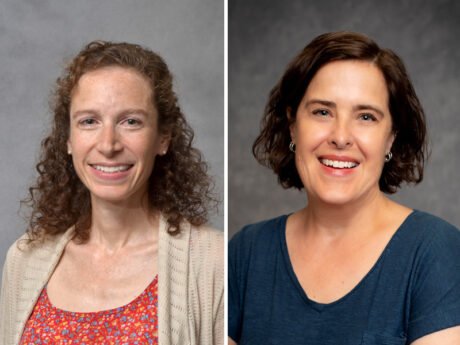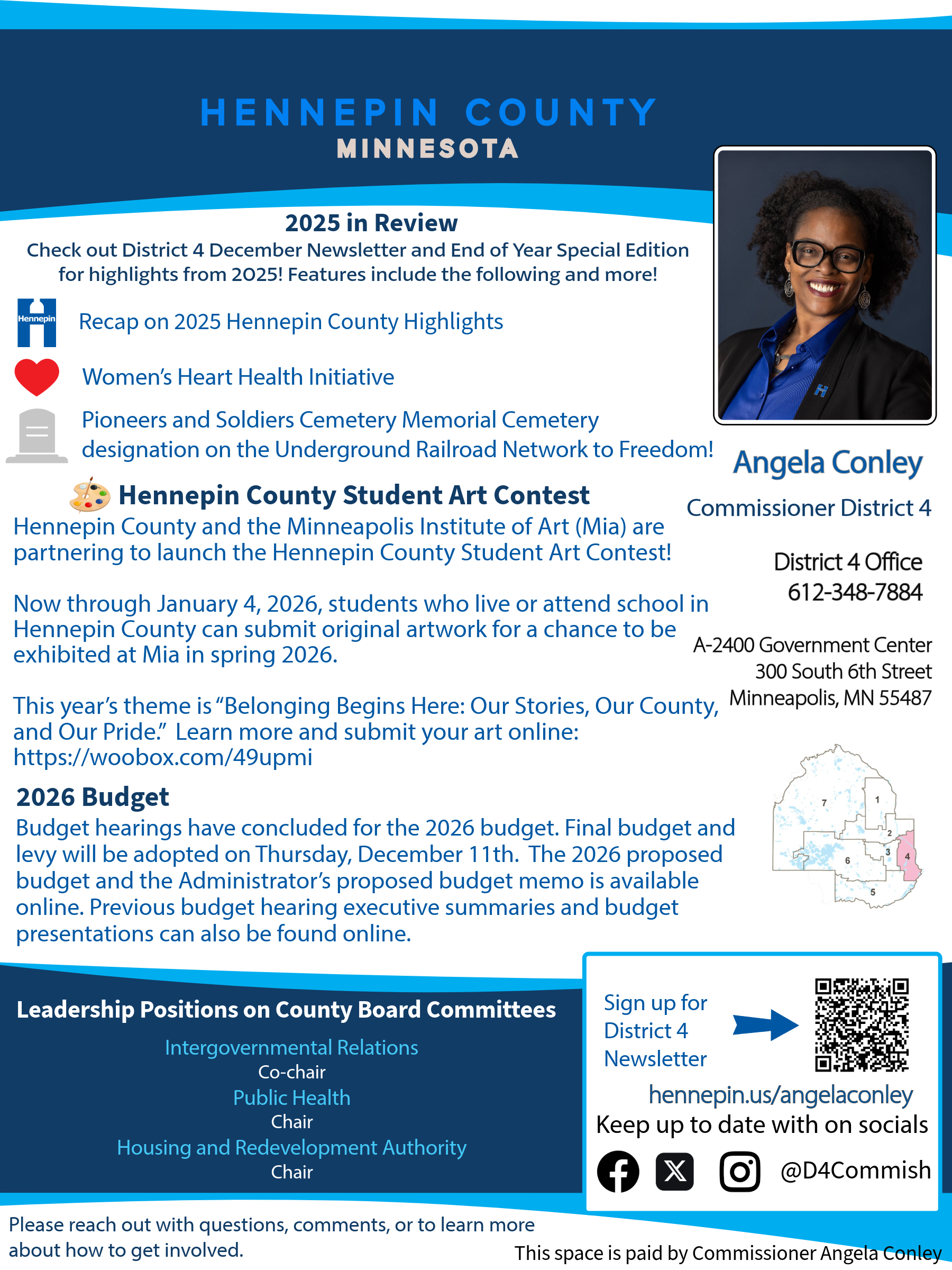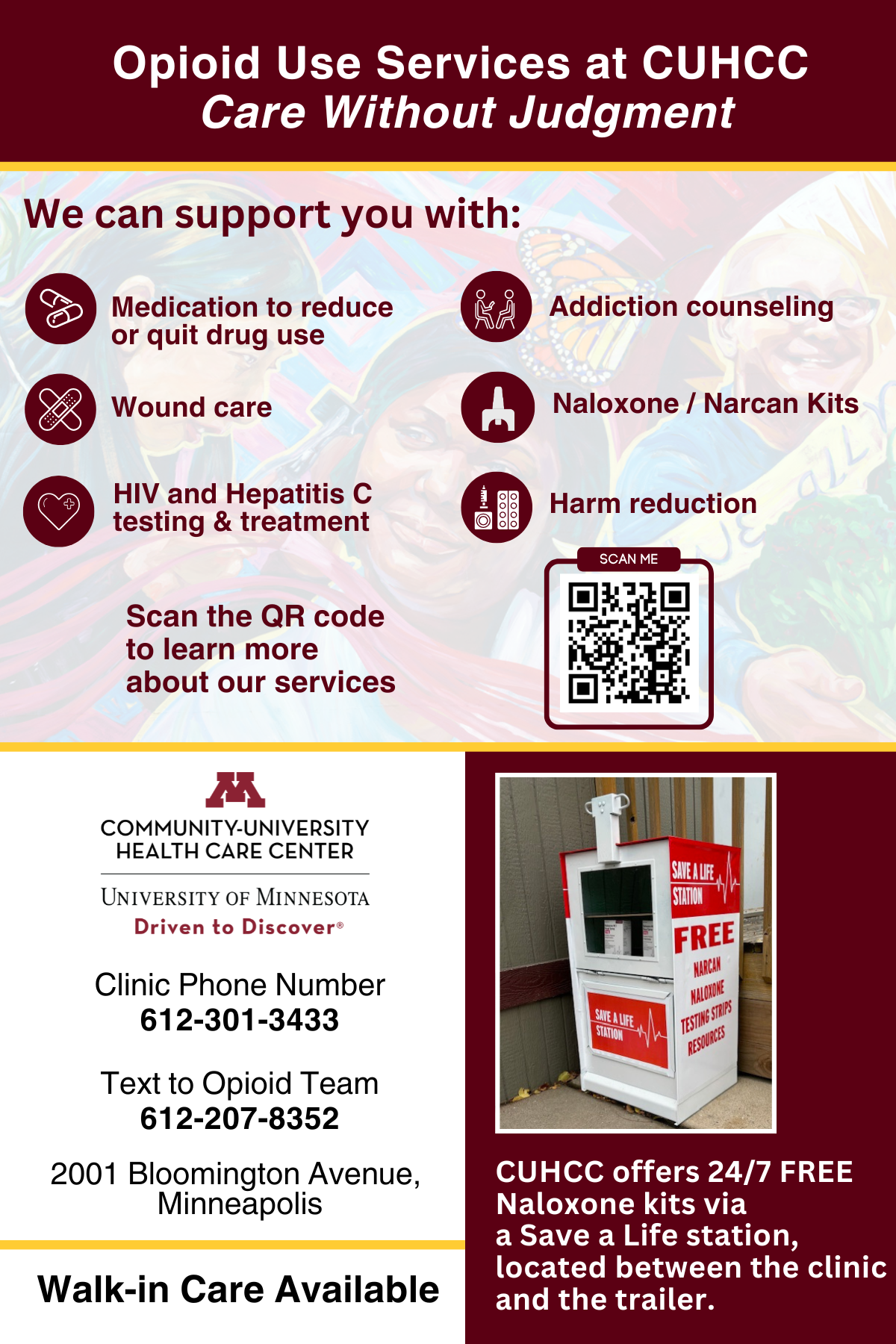By IRIS BOROWSKY, MD, PHD and MARY O’DONNELL, DNP, APRN, CNP

Measles is a highly contagious illness that spreads easily through the air when an infected person breathes, coughs, or sneezes. This year, over 200 cases have been reported in the U.S., primarily among young children. Of those infected, about 17% have been hospitalized, and two unvaccinated people–a school-aged child and an adult–have died. While Minnesota has not reported any cases so far in 2025, measles could still appear in our community. With outbreaks making headlines, many people have questions about the disease and how to protect themselves.
About measles
Symptoms typically appear 7-14 days after exposure and begin with a high fever, cough, runny nose, and red, watery eyes. A few days later, a red rash develops, starting on the face and spreading downward. Measles can cause serious complications, especially in children under five, older adults, pregnant women, and those with weakened immune systems. Severe cases can lead to pneumonia (lung infection), brain swelling (encephalitis), blindness, coma, or even death.
Preventing measles
Being vaccinated against measles is the best way to prevent getting sick and spreading it to other people. The measles vaccine is safe for adults, children, and babies, and full protection requires two doses. While vaccinated people are highly unlikely to get measles, those who do tend to have milder symptoms and are less likely to spread the virus.
The Community-University Health Care Center (CUHCC) at 2001 Bloomington Avenue offers scheduled, same-day appointments and walk-in appointments for measles vaccines. Most insurance plans, including Medicaid, cover vaccines, and CUHCC provides affordable options for those without insurance. Learn more at CUHCC.org or call 612.340-3433 to schedule an appointment.
Vaccine safety
Some people wonder if the measles vaccine is linked to autism. Doctors and scientists who study measles take this very seriously. Since the vaccine became available in 1971, tens of millions of babies and children have been studied to track the effects of the vaccine. In that time, scientists have found no evidence that any vaccine, including the measles vaccine, causes autism. CUHCC health care professionals are prepared to talk through questions and concerns.
Protect yourself and your family—schedule your measles vaccination today. You won’t regret it.









